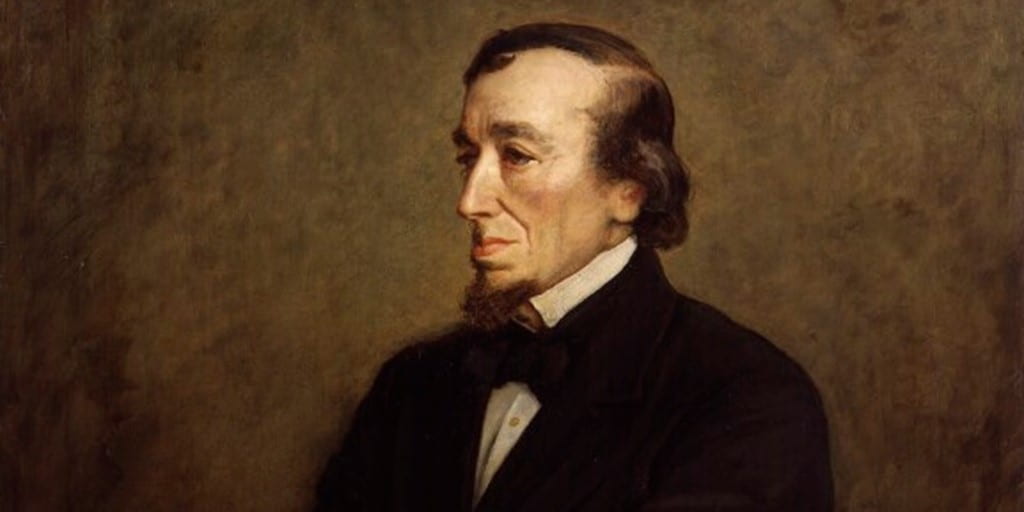Another GRE essay …
The Enlightenment philosopher Jean Jacques Rousseau once famously declared that “man was born free, but everywhere he was in chains.” For Rousseau, the source of this state of oppression was our political life, part of which included education, a subject he most famously expounded upon in Emile. What was the purpose of education? What must be the focal point of learning? For Rousseau, the answer was simple: the child was the measure of all things, and a good education inculcated the importance of citizenship. But for all his supposedly rebellious proclamations, Rousseau, the arch-Enlightenment figure, could not bring it in himself to stop the humanist mores of the modern and ancient world: a great degree of formal education lingered in the background, even if it was administered by what were then unorthodox methods. But Rousseau only serves to illustrate a larger point: that formal education seeks to free our minds and spirits by training them in the art of intellectual discipline, and in their restraint they provide a foundation. It is when the information it provides becomes and end and not a means to achieve something that it becomes burdensome and tiresome, stifling the creativity of those it is imposed upon.
Continue reading “Does formal education restrain our minds and spirits rather than set them free?”